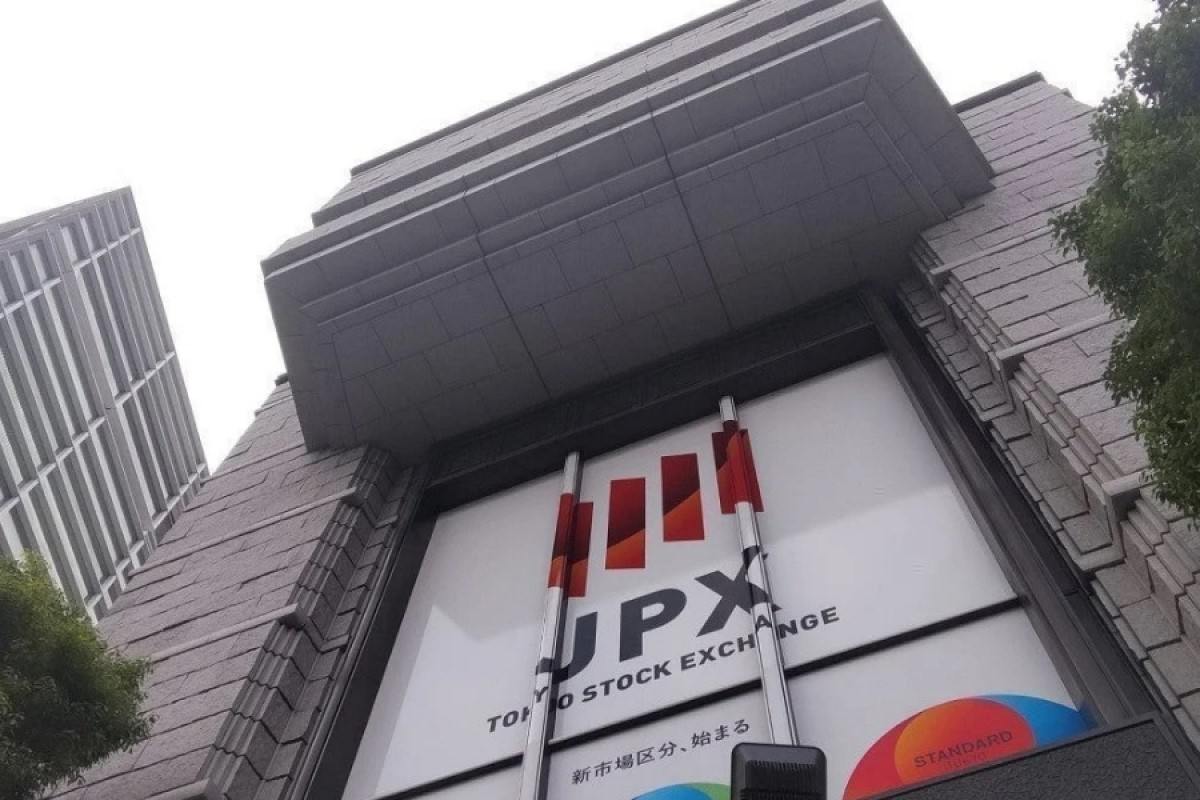
Tokyo Stock Exchange
12:24 JST, October 18, 2024 (updated at 16:30 JST)
TOKYO (Reuters) – Japan’s Nikkei share average ended higher on Friday, tracking the Dow’s overnight gains, but pared a large chunk of its early gains as investors booked profits.
The Nikkei .N225 added 0.18% to close at 38,981.75, after rising as much as 0.7% earlier in the session. The index ended the week 1.75% lower.
The broader Topix .TOPX ended 0.04% higher at 2,688.98, but posted a 0.68% weekly loss.
The Dow Jones Industrial Average on Thursday advanced to its fourth record close in the last five sessions, as stronger-than-expected monthly retail sales indicated a robust U.S. consumer and TSMC’s upbeat forecast buoyed chipmakers’ stocks. .N
“As the Nikkei got closer to the 40,000 level, investors sold stocks to book profits,” said Fumio Matsumoto, chief strategist at Okasan Securities.
“That was because the market did not justify its recovery to the 40,000 level on Tuesday. The index rose too fast.”
Uniqlo-owner Fast Retailing 9983.T rose 1.06% to become the biggest support to the Nikkei. Chipmaking device supplier Disco 6146.T jumped 7.67%.
Technology investor SoftBank Group 9984.T lost 0.65% to weigh the most on the Nikkei.
Chip-related stocks Advantest 6857.T and Tokyo Electron 8035.T fell 0.42% and 0.13%, respectively.
“Despite the yen’s weakness and the strength of U.S. equities, gains of domestic shares are limited. That is partly due to uncertainties about Japanese politics,” said Shoichi Arisawa, general manager of the investment research department at IwaiCosmo Securities.
Japan’s ruling party may lose its majority in the lower house, according to media polling ahead of the Oct. 27 election, meaning it would likely have to rely on coalition partner Komeito to stay in power.
The U.S. dollar headed for its third weekly rise in a row, after touching 150 yen against the Japanese currency for the first time since Aug. 1.
A softer yen tends to help exporter shares as it increases the value of overseas profits in yen terms when firms repatriate them to Japan.
Top Articles in News Services
-

Survey Shows False Election Info Perceived as True
-

Hong Kong Ex-Publisher Jimmy Lai’s Sentence Raises International Outcry as China Defends It
-

Japan’s Nikkei Stock Average Touches 58,000 as Yen, Jgbs Rally on Election Fallout (UPDATE 1)
-

Japan’s Nikkei Stock Average Falls as US-Iran Tensions Unsettle Investors (UPDATE 1)
-

Trump Names Former Federal Reserve Governor Warsh as the Next Fed Chair, Replacing Powell
JN ACCESS RANKING
-

Producer Behind Pop Group XG Arrested for Cocaine Possession
-

Japan PM Takaichi’s Cabinet Resigns en Masse
-

Man Infected with Measles Reportedly Dined at Restaurant in Tokyo Station
-

Israeli Ambassador to Japan Speaks about Japan’s Role in the Reconstruction of Gaza
-

Videos Plagiarized, Reposted with False Subtitles Claiming ‘Ryukyu Belongs to China’; Anti-China False Information Also Posted in Japan

























